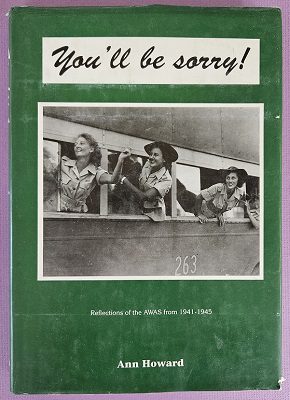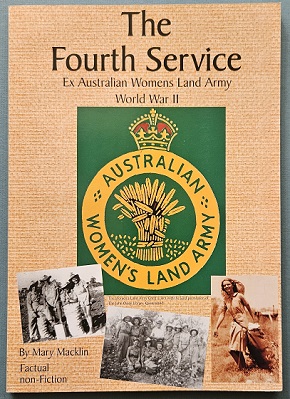Description
Title: Willingly into the Fray – One Hundred Years of Australian Army Nursing
Author: McCullagh, Catherine
Condition: Near Mint
Edition: 1st Edition
Publication Date: 2010
ISBN: 9780980658262
Cover: Hard Cover with Dust Jacket (Laminated Boards) – 464 pages
Comments: The history of the Royal Australian Army Nursing Corps.
Willingly into the Fray comprises the personal stories of sixty-five individual nurses, their voices preserved and their words, often fraught with emotion and mired in distress at what they have seen, endured and railed against, carefully retained. Many of these stories are told for the first time, particularly those of the recent campaigns, peacekeeping operations, disaster relief and humanitarian missions.
These are men and women who, like those before them, often worked in the most primitive conditions, as one nurse remarked tellingly, ‘with TLC and little more’. It is typical of Australian Army nurses to proceed ‘willingly into the fray’, often with little warning, but always with courage, determination and a strong sense of humour.
In the hundred or so years since the first intrepid Boer War nurses set out, Australian Army nurses have forged a proud and enviable reputation. They are justifiably renowned for their determination to provide quality medical care despite extreme privation, perilous circumstances, and a lack of the most rudimentary medical equipment. If this is the reputation they can forge in the face of such adversity, then we have much to look forward to over the next one hundred years.
Willingly into the Fray provides a rare opportunity for the reader, to take a personal journey through the lives of Army nurses from the early days of 1899 to modern times, and to experience the vast changes in society that accompanied those hundred or so years.
“We sat up all night. What were we going to do? We were at their mercy. There was nobody to protect us … I was presented with a piece of paper which I was ordered to sign. It said: ‘I am willing to entertain the Japanese officers.’ I said, ‘No.’ “
Jessie Blanch, Palembang Prisoner-of-War Camp, 1942
“The injuries we treated ranged from gunshot wounds, grenade, claymore mines, rocket and mine injuries … burns from phosphorous grenades and accidents with chemicals were fairly common. Many of the wounds were life-threatening and also, in many cases, quite horrific. As if to add to our trauma, the room that housed those boys who had been killed in action was attached to the theatre building.”
Jan McCarthy, Vietnam, 1968





